Choosing the right memory care facility for your loved one can be a daunting task. It requires much more than a simple online search – it calls for a deep understanding of your loved one's needs, rigorous research, and thoughtful consideration.
This guide aims to assist you with this critical decision by providing key factors to consider when selecting a memory care facility. Here, you'll find tips and insights that will empower you to make an informed choice that caters to the unique requirements of your loved one.
Understanding the Need for Memory Care: When Is It Necessary?
Recognizing the need for memory care is often the first step in this journey. Signs indicating the necessity of such care can vary widely, but there are common themes to look for.
If your loved one often seems confused or disoriented, has difficulty performing basic tasks, or shows significant changes in behavior and personality, these could be signs of cognitive deterioration. Additionally, increased forgetfulness, particularly with respect to recent events or conversations, is a strong indicator.
Safety can also be a major concern. If your loved one is frequently getting lost in familiar places or has suffered injuries due to accidents at home (such as falls), it might be time to consider a memory care facility.
It's crucial to consult with a healthcare provider to rule out other possible health conditions and to better understand the stage and progression of your loved one's memory impairment.

Key Factors to Consider: Assessing Your Loved One's Specific Needs
- Daily Living Assistance: Determine the level of assistance your loved one requires for daily activities. This might include personal care, such as bathing, dressing, and eating, as well as medication management.
- Medical needs: Review their medical requirements, including any chronic conditions such as diabetes or heart disease. The facility must be equipped to manage these conditions effectively.
- Cognitive Support: Evaluate the cognitive support requirements. Does your loved one need help with memory recall exercises, or do they require more intensive therapies and programs?
- Safety Measures: Assess the need for safety features. If your loved one is prone to wandering or getting lost, the facility should have the necessary measures in place to ensure their safety.
- Social Interaction: Identify the level of social interaction your loved one enjoys or is comfortable with. Some individuals thrive in a dynamic, social environment while others may prefer quieter settings.
- Personal Preferences: Consider their personal preferences. This could include anything from room layout and facility location to meal options and available recreational activities.
- Emotional needs: Keep in mind the emotional needs of your loved one. They should feel comfortable, secure, and emotionally supported in the environment.
Remember, the best memory care facility is one where your loved one feels safe, cared for, and at home.

Experience the Care Concierge Difference: Your Guide in the Journey of Memory Care
Navigating the complex landscape of senior care can be overwhelming, especially when your loved one requires memory care or assisted living. In these challenging times, you need a trusted guide to illuminate your path. That's where Care Concierge of New England comes in.
As an established Senior Referral and Placement agency, we are dedicated to helping seniors discover the best fit for assisted living or dementia support. Whether it's understanding the difference between care options or arming you with questions to ask potential facilities, we strive to simplify the process.
Serving all of Rhode Island and select parts of Massachusetts and Connecticut, we're available 24/7 to provide fast-acting, insightful solutions. Don't face the maze of senior care alone - let the Care Concierge be your compass, guiding you with knowledge, experience, and a personal touch. Contact us today to begin your journey to the best care for your loved one.


